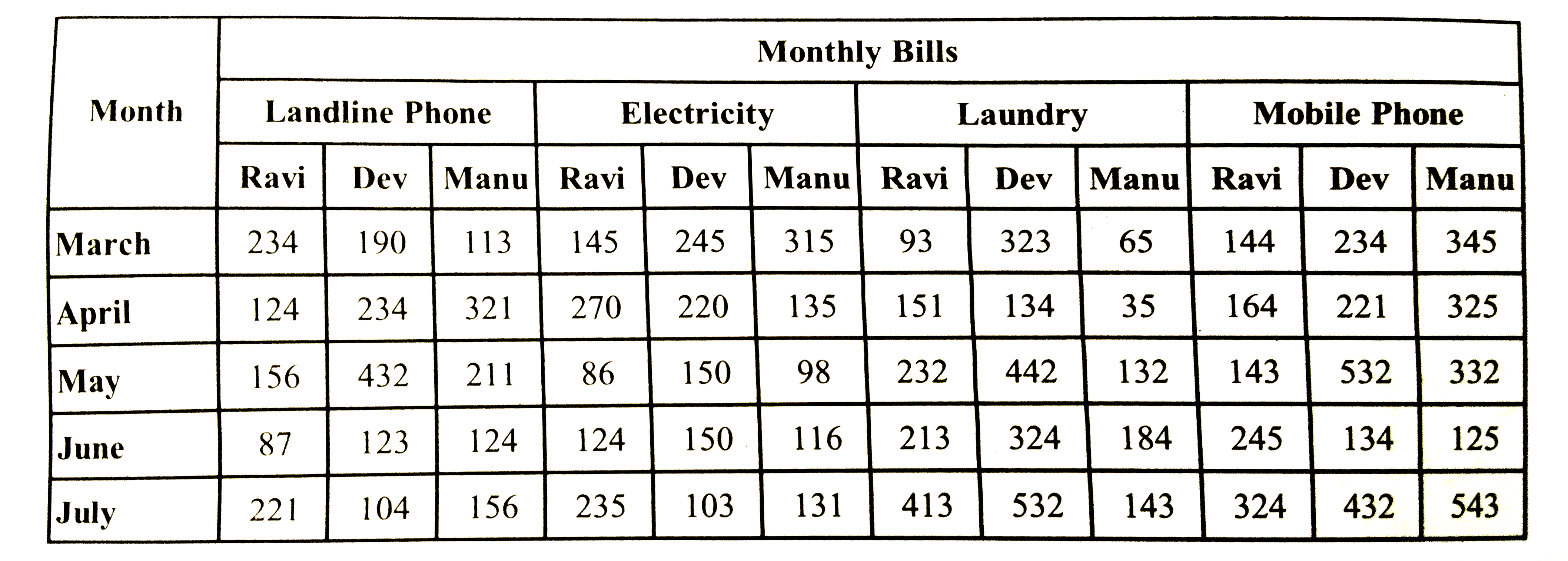What is difference between trade bill and commercial bill ?
Text Solution
Commercial bills ,commonly referred to as commercial paper are unsecured short term debt issued by a corporate or private organization, often times for the financing of short term liabilities and inventory.
Treasury bills commonly referred to as T-bills is short term debt backed by the US government with maturity of under one year funds raised from selling T-bill is intended to support various public project such as construction of school and highway.
|
Topper's Solved these Questions
- FINANCIAL MARKETSBOOK - POONAM GANDHICHAPTER - FINANCIAL MARKETSEXERCISE - 10.1 Application High Order Thinking Skills (HOTS) and Evaluation Based Questions with Answers
6 Videos
- FINANCIAL MARKETSBOOK - POONAM GANDHICHAPTER - FINANCIAL MARKETSEXERCISE - 10.1 Test Your Understanding
4 Videos
- FINANCIAL MANAGEMENTBOOK - POONAM GANDHICHAPTER - FINANCIAL MANAGEMENTEXERCISE - Self Evaluation Test -2
10 Videos
- MARKETING MANAGEMENT BOOK - POONAM GANDHICHAPTER - MARKETING MANAGEMENT EXERCISE - Self Evaluation Test - 2
9 Videos
Similar Questions
Knowledge Check
A money bill can originate in
Aa joint sitting of the Lok Sabha and Rajya SabhaBLok Sabha onlyCRajya Sabha OnlyDNone of the aboveA money bill can originate in
Aa joint sitting of the Lok Sabha and Rajya SabhaBLok Sabha onlyCRajya Sabha onlyDNone of the aboveThe difference between a discount of 35% and two successive discounts of 20% on a certain bill was Rs. 22. The amount of the bill was
ARs. 200BRs. 220CRs. 1,100DRs. 2,200
What is meant by trade? What is the difference between international and local trade?
View SolutionWhat is meant by trade? What is the difference between international and local trade?
View SolutionWhat is meant by trade? What is the difference between international and local trade.
View SolutionMention the difference between a Bill and a Law.
View SolutionIf the difference between Banker's discount and True discount of a bill for 73 days at 5% per annum is Rs 10, find (i) the amount of the bill (ii) the Banker's discount.
View Solution

